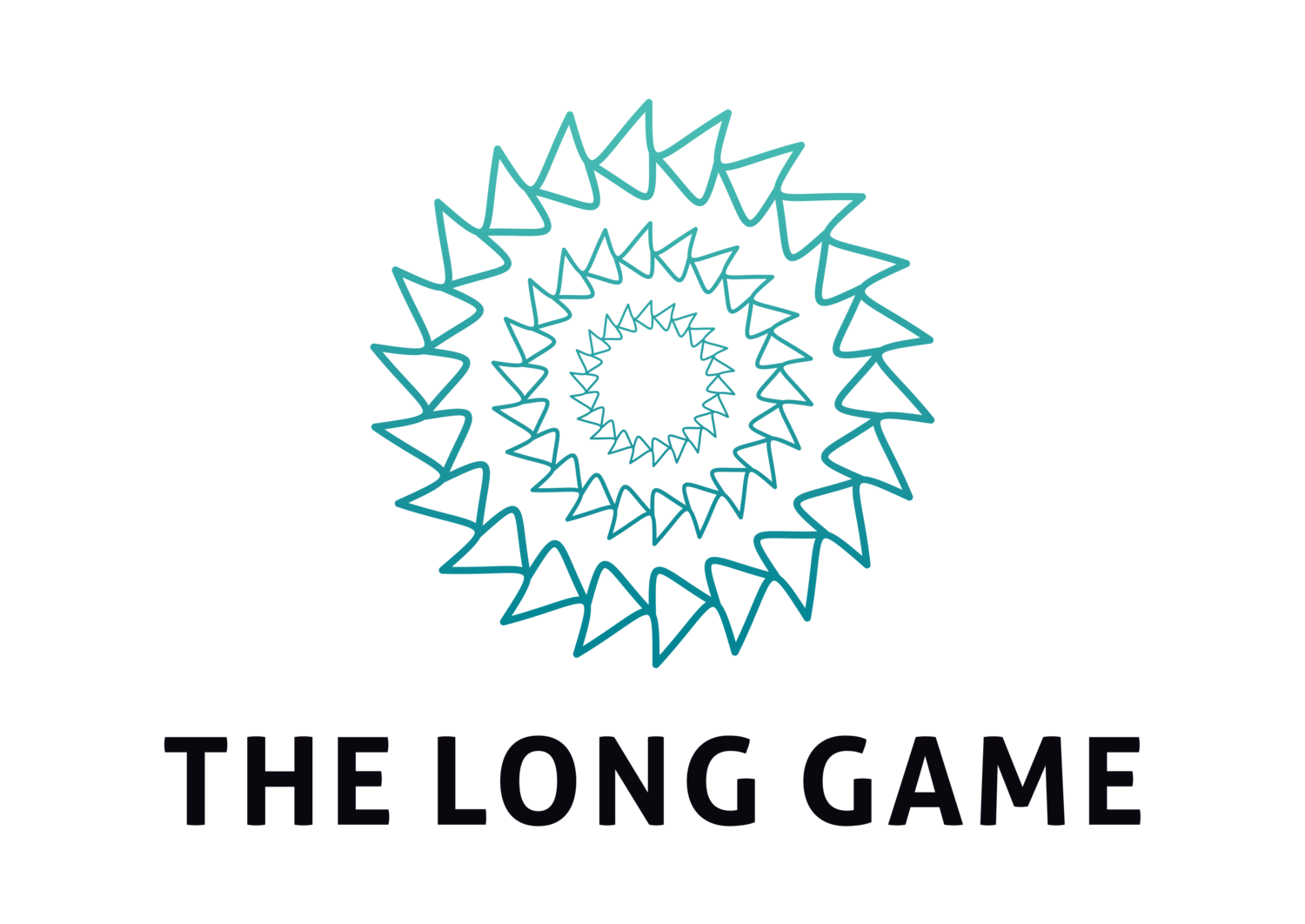STRESS + REST = GROWTH
We’ve discussed the importance of movement and pushing ourselves in the gym, but to truly reap the benefits from your workouts- recovery and rest days are essential. STRESS + REST = GROWTH. We stress our bodies during workouts through a process called hormesis. Hormesis is a biological phenomenon where benefits (improved health, stress tolerance, growth, or longevity) result from exposure to low doses of stimulus (workouts) that are otherwise toxic or lethal when given at higher doses, resulting in growth and adaptation. If all of you do is stress yourself, you won’t reach your full potential, mentally or physically.
What is the best way to recover? Sleep is the number one thing you can do for your recovery. We praised the person who said they only needed four hours of sleep and could work all day long. However, people began to burn out and experience negative impacts on their health. In the last several years, the importance of sleep is mainstream. Sleep is key to our health, longevity, and performance in life. When we sleep, we process and store information learned during the day. Sleep is when our bodies, especially our central nervous system, recover from physical exercise and stress. On the other hand, sleep deprivation causes our immune system to decrease, increases mood swings, and junk food cravings. Recent studies show that one week of sleep deprivation, which is considered less than six hours per night, impairs fasting glucose levels leading to pre-diabetes.
What are the best ways to get a good night’s sleep? There are a multitude of tips out there, but the best practices include: going to bed and waking up the same time each day; early morning exposure to sunlight; turning off computers, phones, and bright lights an hour before bed; keeping your room cool; and, avoiding caffeine after noon. All of these drastically improve your quality of sleep.
Along with sleep, we can also use the practice of “working-in” to help recovery. We can’t be “on” all the time and need to learn to take time for stillness; this is what I mean by “working-in.” We need to give our bodies and minds a break so we can take on life’s challenges. This can start with a breath practice. Our breath is the only system in our body that is autonomic, yet completely under our control. Evolution did not do this by accident. Breathing has a direct link to our emotional and physiological state. It helps you downregulate, allowing you to transition from tense and stressed out to calm and relaxed.
Yoga, ice baths, saunas, and getting out in nature are also key practices. These practices put you in touch with your body and nervous system and help you become less reactionary. By incorporating these practices, they allow you to recover and give you the ability to train hard and handle the stresses of everyday life.
Call To Action
At Symmetry, we help busy people take back control of their lives so they have more time, more energy, and less stress! If you’re ready to take back control of your life, set-up a FREE 15-minute call today! We are currently offering virtual breath classes to help you begin to experience the benefits of the breath. You can access our schedule here. Our programs will improve your mindset, your performance, and give you tools to better handle the stresses of everyday life. Check out our website www.symmetry.live to find out more information.







